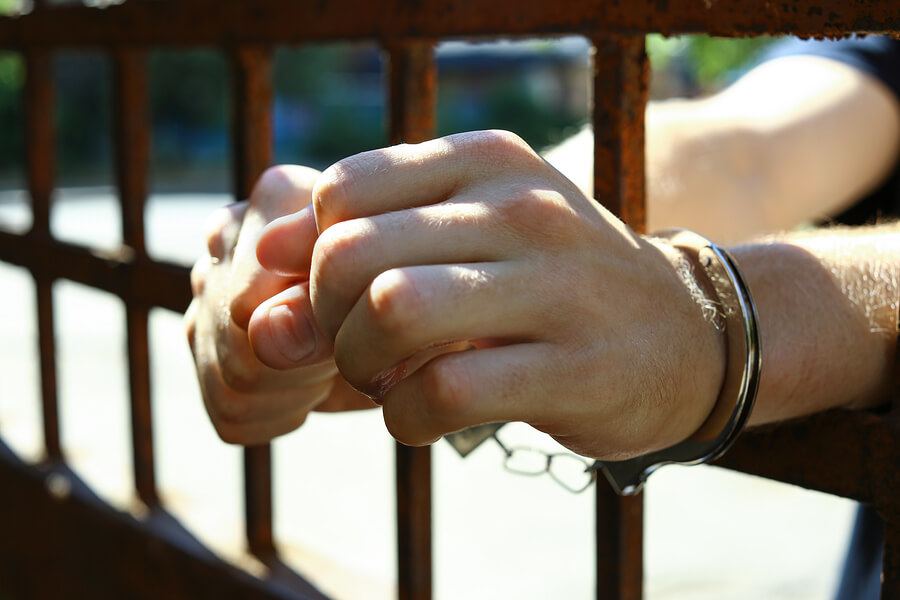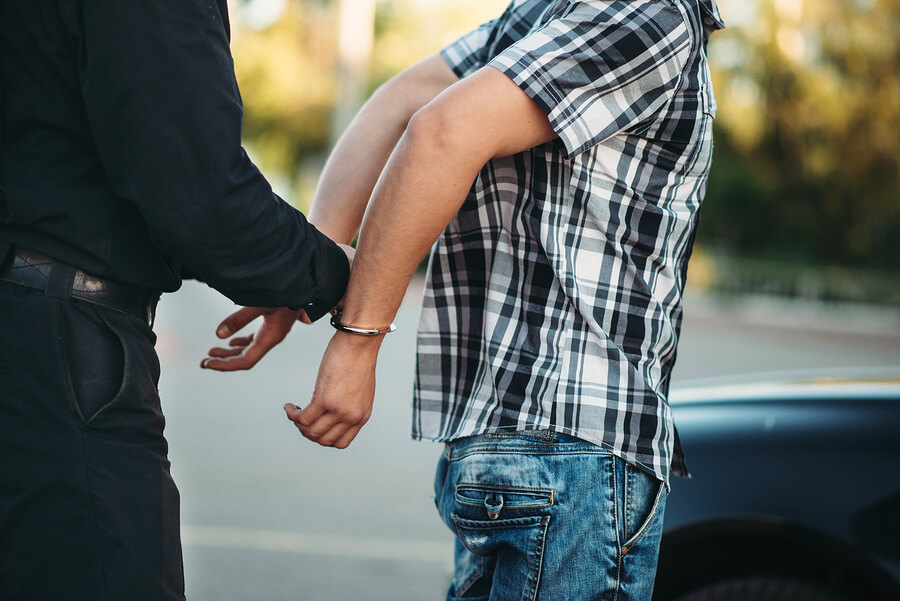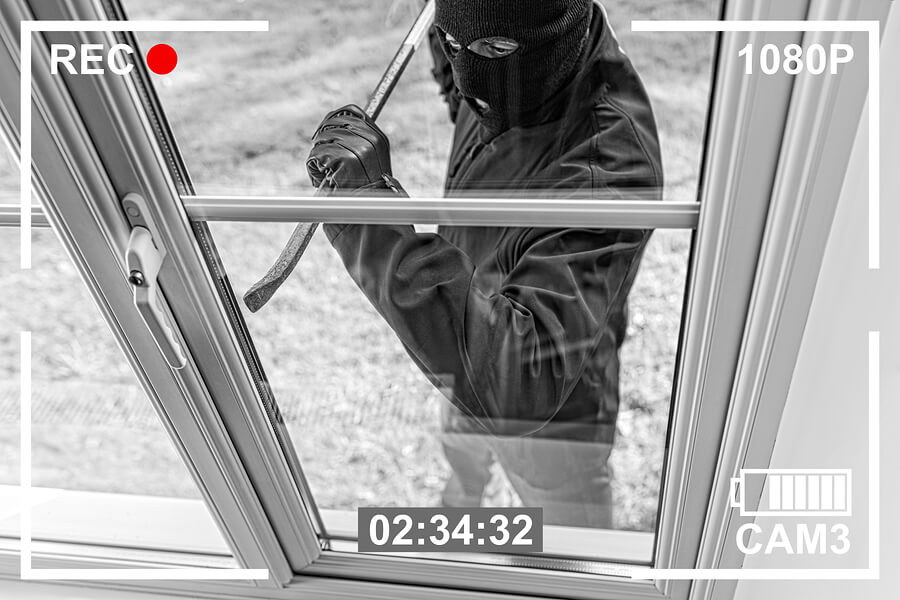Many people don’t think much of it if they find themselves charged with a misdemeanor crime. You may believe that a misdemeanor is on the same level as a parking ticket, but it isn’t. If you’ve been arrested for a misdemeanor, your life can still be severely impacted. Although it isn’t as serious as a felony, a misdemeanor is still a crime, and you should take it seriously.
Defining The Misdemeanor
 North Carolina divides misdemeanors into four categories: A1, 1, 2, and 3. These will depend on the seriousness of the offense you’re charged with, and can rage from simple marijuana possession to things like larceny (theft) and property damage.
North Carolina divides misdemeanors into four categories: A1, 1, 2, and 3. These will depend on the seriousness of the offense you’re charged with, and can rage from simple marijuana possession to things like larceny (theft) and property damage.
- Category 3 incurs a maximum fine of $200 and up to 20 days jail time
- Category 2 incurs a maximum fine of $1,000 and up to 60 days jail time
- Category 1 incurs a “discretionary” fine and up to 120 days jail time
- Category A1 incurs a “discretionary” fine and up to 150 days jail time
Can you afford to go to jail for 1 to 20 days? Chances are your employer will terminate you, and you’ll have a much more difficult time finding another job after a conviction.
Of course, the outcome of your case will depend on a number of different factors, including your criminal record or lack thereof, the facts of the case, and any agreements you and your defense attorney reach with the district attorney’s office. Some charges, such as minor traffic infractions, will incur no jail time.
How A Misdemeanor Can Cause Problems Later
Conviction of a misdemeanor still means that you have a criminal conviction, and you when asked, you will have to disclose your criminal record, whether it’s a single conviction or more than one.
Misdemeanor charges stay on your record, and nearly always show up on a background check. No matter how old they are, an employer will eventually find out about it once they request it. This means that a criminal conviction will show up on background checks related to:
- Job applications
- License applications
- Housing applications (such as apartment complexes and other rental properties)
- Mortgage loan applications
- Student financial aid applications
A misdemeanor may prevent you from applying for and being hired for certain types of jobs, and restrict where you can live.
There may be occasions where an old county-level conviction may not show up in another county, or on a state level. But you should never assume that it won’t show up on a background check, especially for an employer.
Even for the most minor infractions such as simple affray, you should retain defense counsel against a misdemeanor charge. If you are convicted of a misdemeanor, you will have a criminal record, no different than if you’d committed a more serious or violent felony. Like a felony, the misdemeanor will follow you around for the rest of your life.
Expungement
Criminal convictions in North Carolina of any kind do not automatically disappear from your record, no matter how old they are.
Texas, California and several other states have a “seven-year rule,” meaning that any records that are more than 7 years old will not show up in a background check. However, North Carolina has no such rule, but you can request to have an old record cleared with an expungement.
If you were arrested and/or convicted of a misdemeanor many years ago and have not had any other charges since then, it is possible to have your case expunged, or removed, from your record. Even if you were arrested and charged but found not guilty, a record still exists of this action.
Once you apply for an expungement and the court grants it, you will no longer have a criminal record, and you can legally answer the question about your criminal record with a confident “no.”
The rules surrounding expungement are complex. That’s important to discuss a possible expungement of your misdemeanor case with a criminal defense attorney so you can start the process and get on with your life.
Let Dewey P. Brinkley Defend You Against A Misdemeanor
Dewey P. Brinkley is a former Wake County Assistant District Attorney who understands the law and the Raleigh court system. If you’re charged with a misdemeanor like simple assault or disorderly conduct, no matter how minor, he can defend you in criminal court and work for the best possible outcome. Call Mr. Brinkley today at 919-832-0307 or use our contact page to schedule your free consultation.

 Generally, North Carolina has two types of drug charges: trafficking and possession, which are also graded by the type of drug involved. Possession is a lesser charge than trafficking, but both can carry very strict penalties, including fines. Possession of drug paraphernalia is also a reason you can be arrested, even if you have no drugs at the time of your arrest.
Generally, North Carolina has two types of drug charges: trafficking and possession, which are also graded by the type of drug involved. Possession is a lesser charge than trafficking, but both can carry very strict penalties, including fines. Possession of drug paraphernalia is also a reason you can be arrested, even if you have no drugs at the time of your arrest. North Carolina defines it as committing an act against another person with whom the offender has or had a personal relationship, or the child of that person:
North Carolina defines it as committing an act against another person with whom the offender has or had a personal relationship, or the child of that person:



 Depending on where you’re employed and what you do now, you may or may not be terminated. North Carolina is an “at-will” employment state, where you can be terminated with or without a cause, and there may be a policy that a DWI or other criminal arrest is cause for immediate termination.
Depending on where you’re employed and what you do now, you may or may not be terminated. North Carolina is an “at-will” employment state, where you can be terminated with or without a cause, and there may be a policy that a DWI or other criminal arrest is cause for immediate termination.